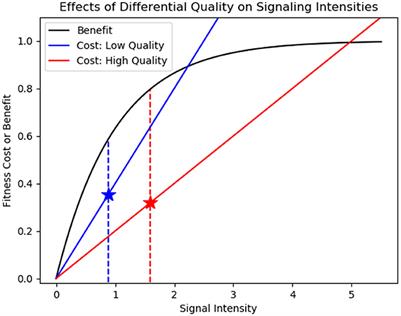EDITORIAL
Published on 10 Feb 2022
Editorial: From Ecology to Cancer Biology and Back Again
doi 10.3389/fevo.2022.840375
- 1,766 views
- 3 citations
13k
Total downloads
92k
Total views and downloads
Select the journal/section where you want your idea to be submitted:
EDITORIAL
Published on 10 Feb 2022
ORIGINAL RESEARCH
Published on 08 Oct 2021

HYPOTHESIS AND THEORY
Published on 08 Oct 2021
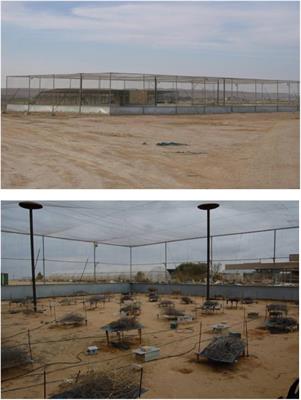
ORIGINAL RESEARCH
Published on 29 Sep 2021
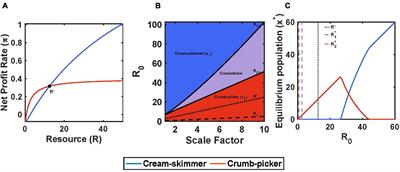
REVIEW
Published on 22 Sep 2021

ORIGINAL RESEARCH
Published on 17 Aug 2021
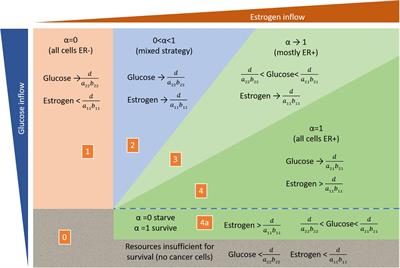
ORIGINAL RESEARCH
Published on 06 Aug 2021
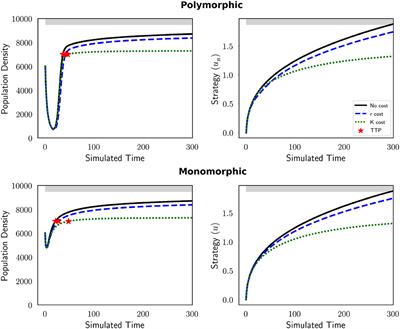
HYPOTHESIS AND THEORY
Published on 30 Jul 2021
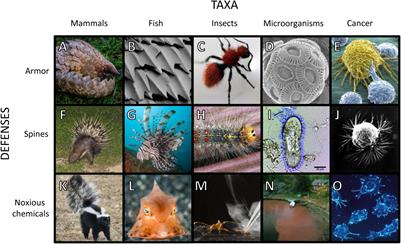
ORIGINAL RESEARCH
Published on 23 Jul 2021
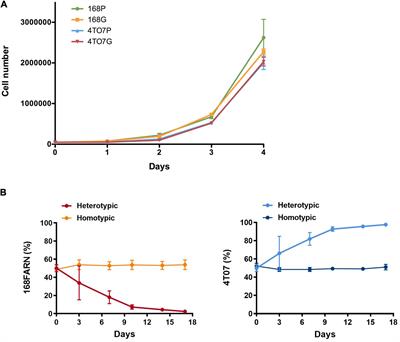
ORIGINAL RESEARCH
Published on 20 Jul 2021
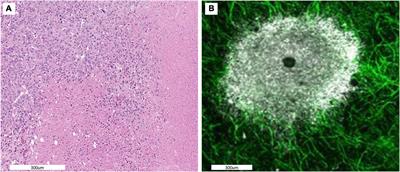
PERSPECTIVE
Published on 15 Jul 2021
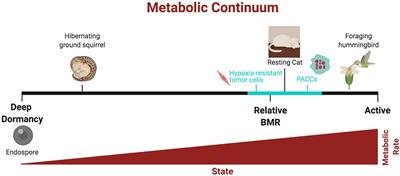
REVIEW
Published on 08 Jul 2021
